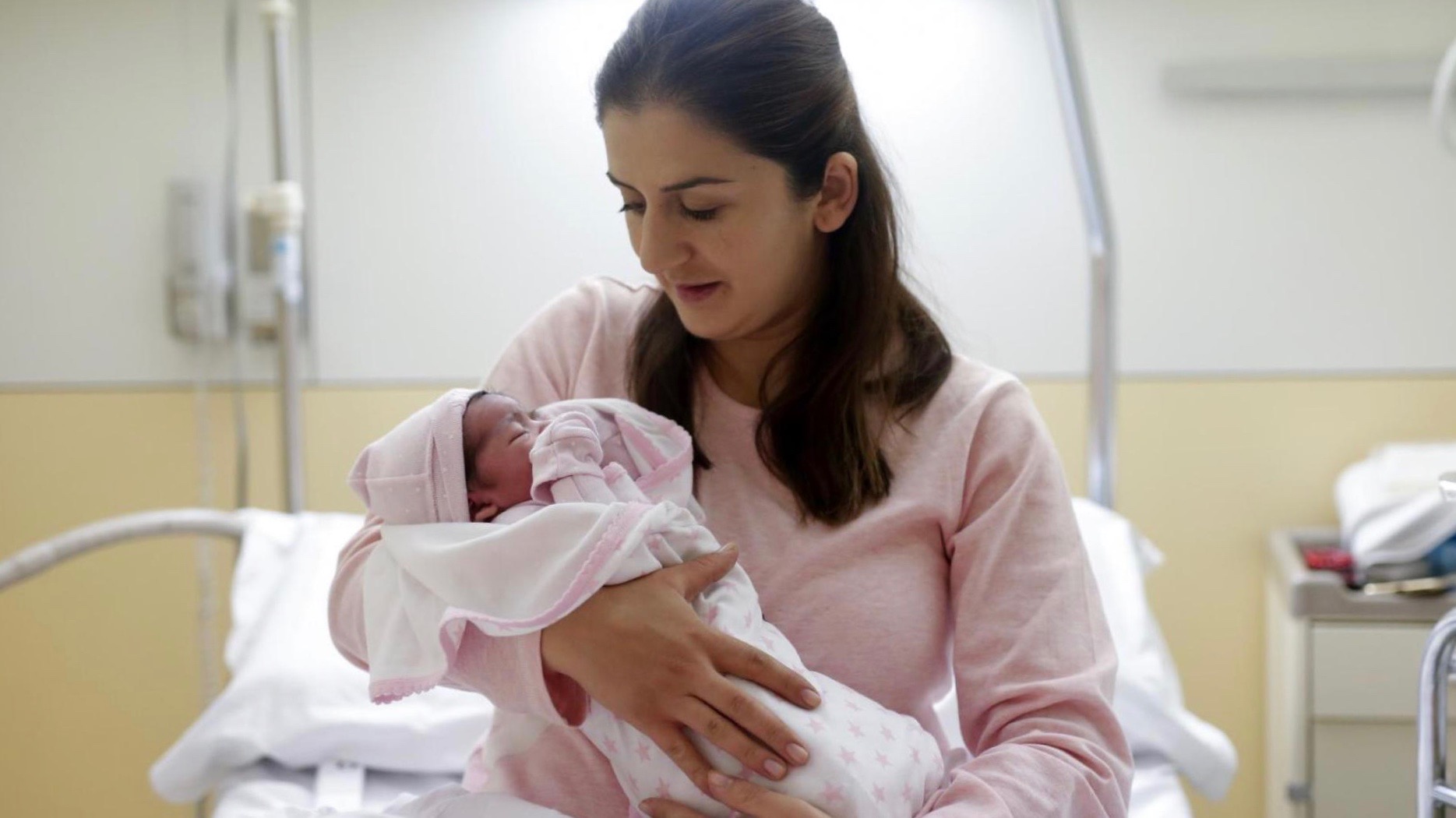The world is facing major setbacks in maternal health, a new report by the United Nations (UN) agencies warns. Data collected by the UN shows that 287,000 women died during pregnancy or childbirth in 2020. The numbers indicate that after progress had been made in the period from 2000 to 2015, maternal mortality indicators stagnated in the four years that followed.
In some regions, like North America, they actually got worse. The United States saw an increase of the maternal mortality ratio—the number of maternal deaths per 100,000 live births—in the period between 2000 and 2020, going from 12 to 21 deaths per 100,000 births. Since maternal deaths are largely preventable, especially where health services are easily accessible and of good quality, the negative trend should be taken as another warning to make health care available to everyone in the US.
“Equity in healthcare gives every mother, no matter who they are or where they are, a fair chance at a safe delivery and a healthy future with their family,” said Catherine Russell, executive director of UNICEF, during the announcement of the report. Yet many women have little or no access to essential health care during pregnancy, including at the primary level.
Every 2 minutes, a woman dies during pregnancy or childbirth:
🆕 UN reportMost of these deaths are preventable with the right care, at the right time https://t.co/7FegPsNvgZ
#HealthForAll pic.twitter.com/pcznUFwy0r— World Health Organization (WHO) (@WHO) February 23, 2023
This has led to extreme regional disparities. Sub-Saharan Africa recorded 70% of all recorded maternal deaths. Nigeria accounted for more than one fourth of the global number of maternal deaths, with 82,000 women losing their lives at childbirth or during pregnancy.
In other regions, like in West Asia and North Africa, indicators improved, but the experience of women living in situations of conflict and occupation marred the progress achieved. For example, the maternal mortality ratio in Palestine decreased from 62 to 20 between 2000 and 2020. In Israel, the ratio went from nine to three in the same period, illustrating the extreme differences in access to health care for those living under Israeli occupation.
By allocating more resources for nutrition, sexual and reproductive health services, and community-based primary health care, countries could ensure improvements in maternal health, said the UN agencies’ leads. The sooner heads of state recognize this and move towards strengthening women’s health services—including by training and employing more midwives—the better, their report shows.
People’s Health Dispatch is a fortnightly bulletin published by the People’s Health Movement and Peoples Dispatch. For more articles and to subscribe to People’s Health Dispatch, click here.





